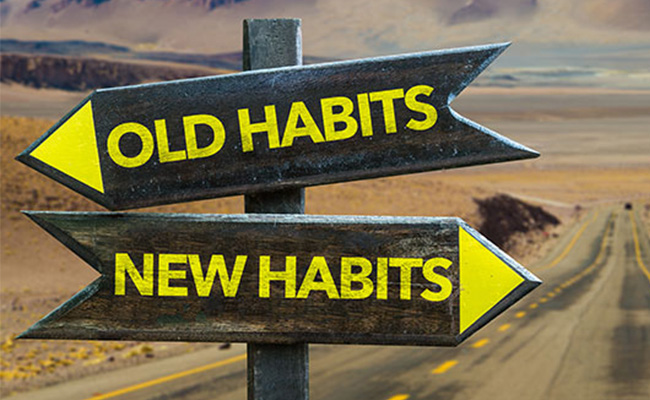Triggers in Recovery – Recovery from an active addiction is a life long process. Once you have decided to enter treatment or otherwise have your addiction treated then you must prepare yourself for going back out into the real world. Once you move out of treatment and back into the everyday chaos that is life you must be prepared to face the people, places, and things that once helped fuel your addiction. This means dealing with the triggers that may have once caused you to use your drug or substance of choice. This does not mean you are destined for failure, but it does mean you must be prepared for what is to come when out on your own.
Triggers in Recovery.
Triggers are any person, place, thing, or idea that creates a feeling of needing to use. Triggers in recovery are different for each person. For some this may be a particular street where a dealer was met, while for others it could be a certain song or type of music that always played while using. The first step in overcoming these triggers is to identify them for yourself. This is as simple as creating a personalized list of what triggers you. Be honest with yourself and write out a physical list of the people, places, and things that make you feel the need to use. These people, places, and things then need to be avoided when possible. This could mean that some people will be fully cut out of your life so recovery can continue. This could also mean that certain places need to be avoided for a length of time.
Cutting people out of your life can be a difficult decision, but if recovery is important then it may be necessary. The same is true of avoiding former places that allowed you to continue using. Certain things such as drug paraphernalia will also need to be removed. There is no point in tempting yourself with items that can easily be removed from your home. Now that you have decided to identify your triggers and avoid them when possible. You must consider what will happen if avoidance is not an option.
Be Prepared.
The unexpected tends to occur in life and a plan can be helpful in dealing with these occurrences. While some things like avoiding certain places can be dealt with by finding an alternate route to places you need to be. Other things like bumping into old friends who still use will often occur. This is when a plan comes in handy. Have a plan for what you will say to someone you cannot spend time with if you plan to stay in recovery. Be honest with that person that you are no longer using. If the person does not take the hint or tries to push you into using, then make an excuse to leave right away. Practice these conversations ahead of time so you are well prepared.
Recovery Plan.
In addition to having a plan and knowing what to avoid or how to get out of a situation, take care of yourself. Practicing good self-care will allow you to be strong enough to face these triggers when the time comes. Self-care and self-awareness will help you stay in recovery long term if you practice them often.
CLICK HERE to get a Free Confidential Addiction Rehabilitation Assessment.
Latest posts by Darren Lockie (see all)
- Cocaine burnout - February 25, 2020
- What is pathological lying? - February 21, 2020
- Ireland’s growing drug problem - January 20, 2020
+66 8 7140 7788









